MATERIALS
The material we use to make our garments is everything; it's one of the most important parts of the project. All the materials we use to produce our garments are selected with the goal of meeting three criteria: quality, durability, and minimal impact.
ORGANIC COTTON
Our GOTS certified organic cotton is a GMO-free natural fiber that stands out for its lower water consumption than conventional cotton. In its cultivation, chemical products such as fertilizers, herbicides or pesticides are not used , which are very harmful to farmers, and contaminate both the soil and groundwater.
This type of cultivation favors small farmers over large cotton latifundia, thus promoting a more sustainable economy. In addition, organic agriculture respects the cycles of the earth, thus preserving its use for future generations.
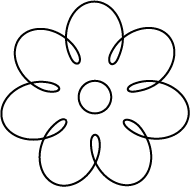
Conventional cotton farming accounts for 3% of the world's cotton crop. However, it uses 10% of the world's pesticides and 25% of the world's insecticides.
ORGANIC COTTON VS. CONVENTIONAL COTTON
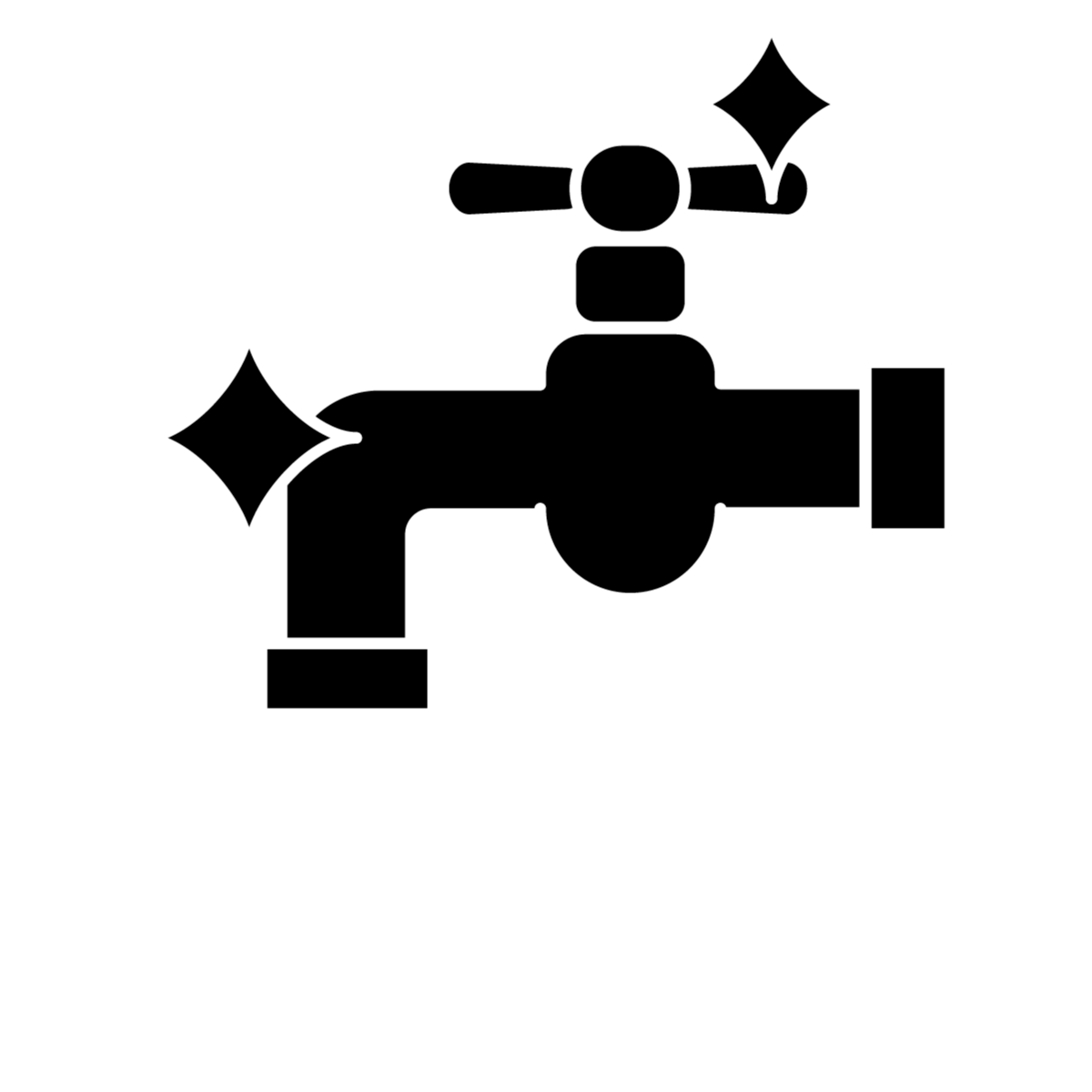
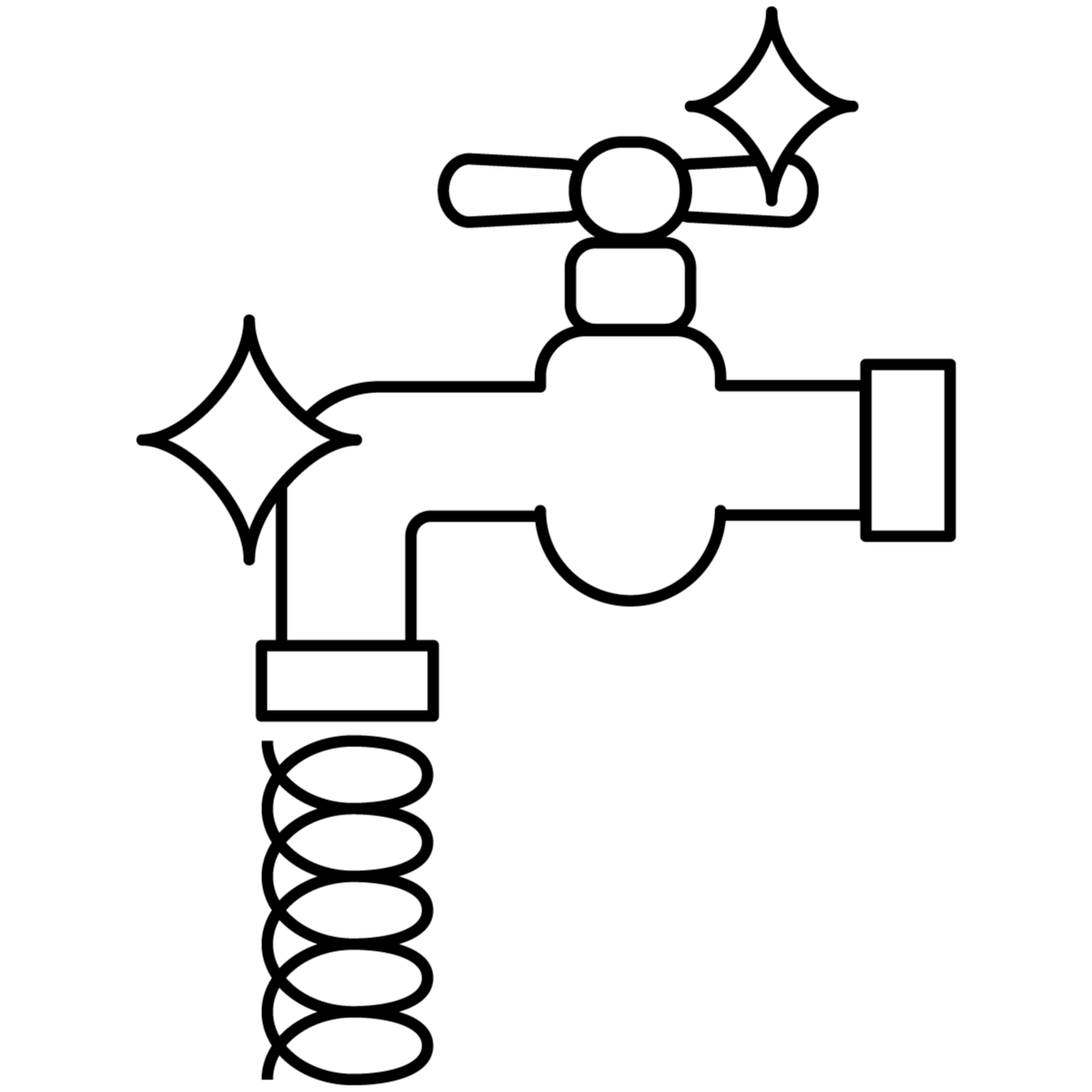
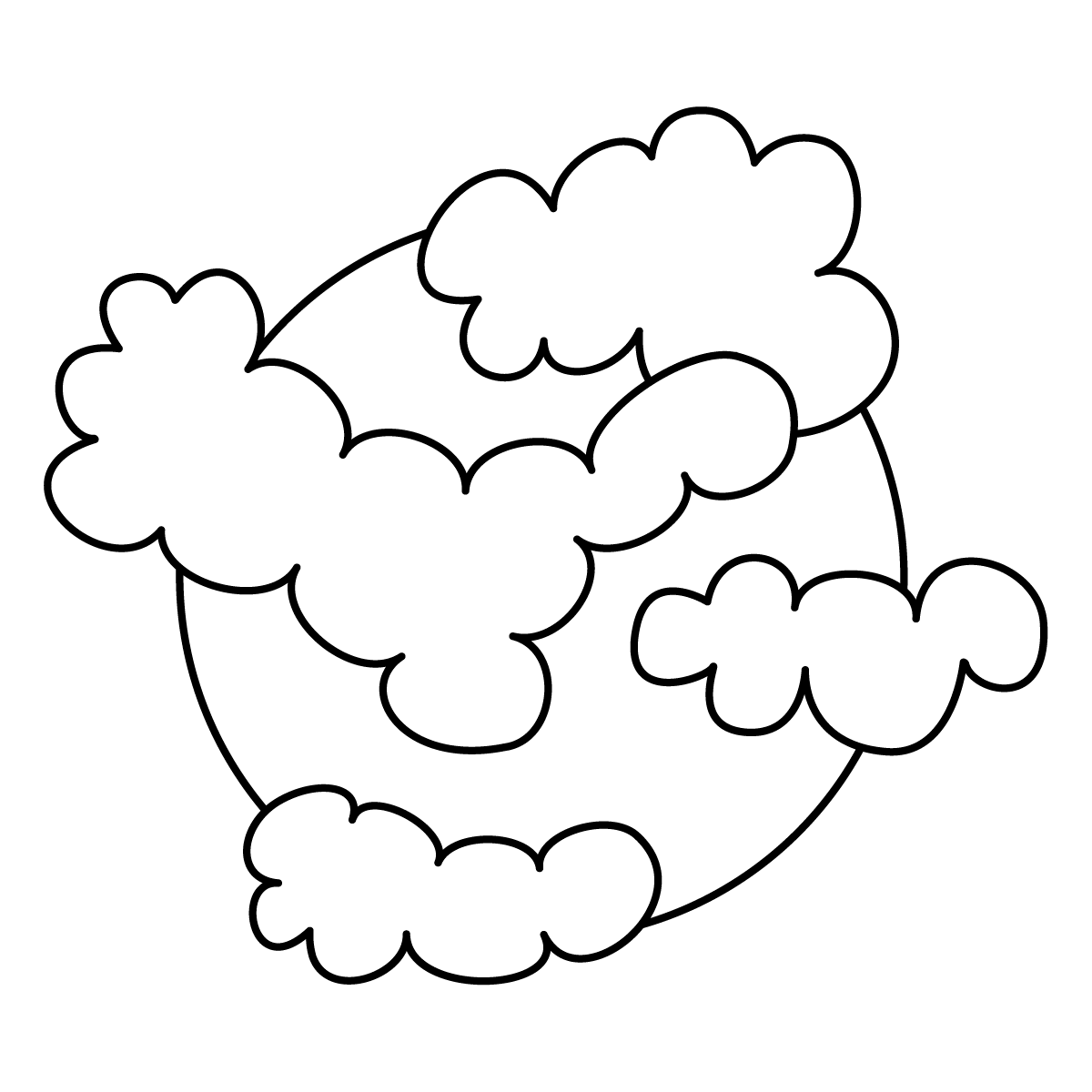








THIS IS OUR SAVINGS PER SWEATSHIRT

WATER
2988L
1994 bottles of 1.5 liters.
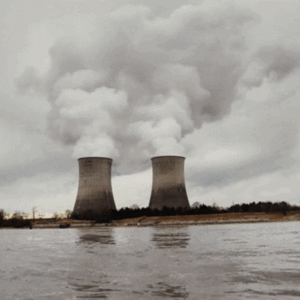
CO2
6.59KG
for a year.
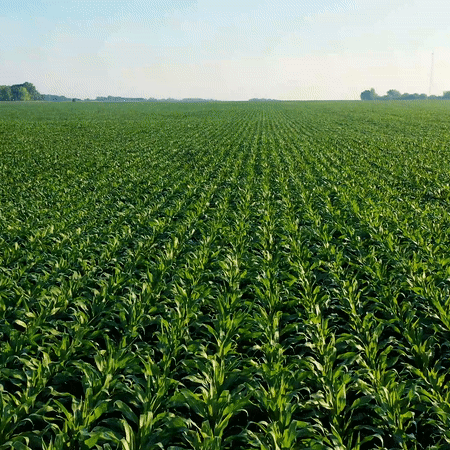
CHEMICALS
6.59KG
to grow 13.6 kg of tomatoes.
